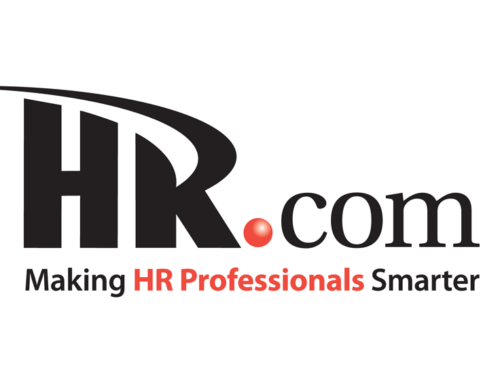The interview process is one of the most vital steps in hiring a new employee. In addition to presenting an opportunity to assess the skills and work experience of a job candidate, it also allows employers to get an idea of the candidate’s personality, along with their communication and interpersonal skills. Employers can also use the interview process to assess specific areas of the candidate’s resume and see if their education and past work experience makes them a good fit for the position in question. Below are some ways in which employers can conduct an effective interview, to ensure that they hire the right candidate.
Employment agencies
Employment agencies can be very useful for helping employers to find a pool of candidates who would be eligible for the position, both quickly and efficiently. It is still important that employers carry out their own in-house interviews with the applicant to confirm that the experience and qualifications communicated by the agency are accurate. When choosing an employment agency, employers should find agencies that perform thorough screening processes. Agencies which complete interviewing, testing, and background checks on all their applicants can save employer’s time and money.
Fit the candidate’s personality to the position
Personality is extremely important when considering an employee for a job. Gauging the personality of a potential candidate gives employers an idea of whether or not they would be a good fit for the job in question, as well as how they might interact with other employees. In addition to the traditional interview process, many HR departments are also using other forms of applicant research, including assessing candidate’s social media profiles and online presence. This gives employers a glimpse into what kind of person the candidate is and how it might relate to their potential behavior at the company.
Relaxing Environment
An interview in which the candidate and interviewer feels comfortable is one in which a higher level of meaningful communication takes place, resulting in a more constructive interview. Candidates are more likely to be honest and feel comfortable to ask questions. To create a comfortable environment, it is important that employers actively listen to what the applicant says, maintains eye contact with the applicant, and observes their body language. To help a candidate feel relaxed, many employers begin the interview with an icebreaker in which they briefly mention a common interest that they share with the applicant. This encourages candidates to feel connected to the interviewer and increases the likelihood that they will open up about their work experiences.
Ask the right types of questions
Asking the right questions is important in finding out whether or not the candidate will be a good choice for the position. The use of open-ended questions such as ‘what got you interested in this field in the first place’? instead of closed questions such as ‘what year did you get into this field’? encourages the candidate to speak at length and provide the interviewer with detailed information. Good interviewers are not afraid to allow their candidates time to ask them questions. Part of establishing a good fit between worker and workplace is ensuring the candidate feels they would be productive and happy working for the company. Allowing them to ask questions helps them to learn about the company’s ethics, their culture, and helps them to make the determination as to whether it is somewhere they can see themselves working. Good interviewers also recognize that the type of questions candidates ask, can also provide them with valuable information about the candidates’ priorities and what they are looking for in a role.
With the cost and time involved in any recruitment process, including the additional cost in re-advertising due to the loss of an employer because of a poor fit, it is vital that employers hone their interviewing skills to increase the chance of new hire success.
